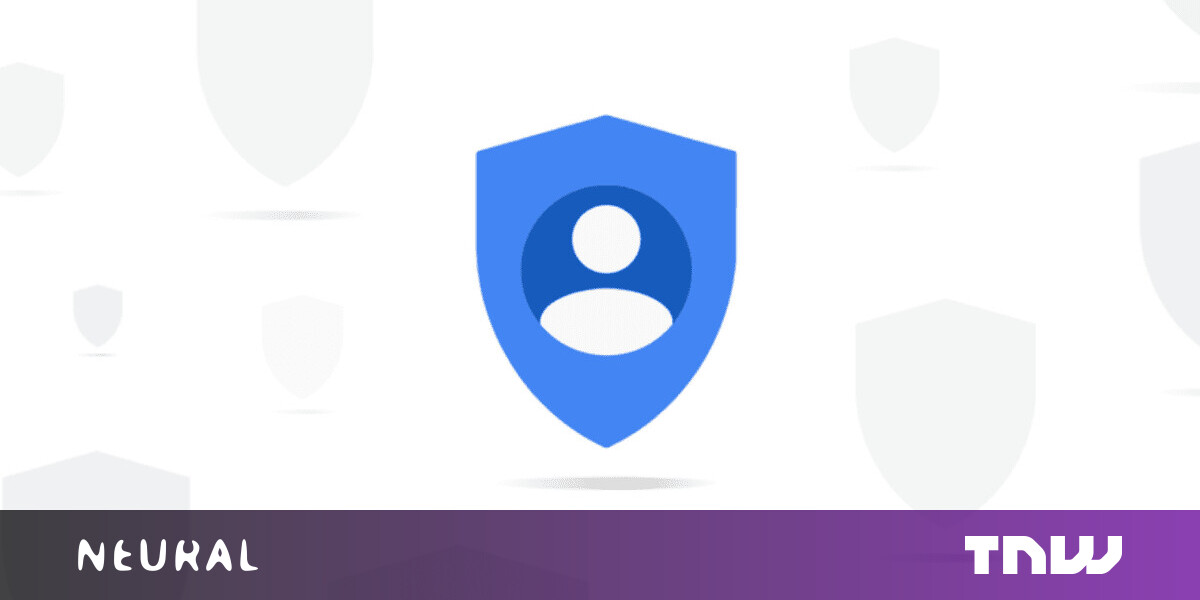
Third-party cookies might have a tasty name, but they can be pretty poisonous when they’re quietly tracking your online behavior.
A new Google machine learning initiative aims to replace the rancid cookies with a privacy-first alternative. The search giant calls the system Federated Learning of Cohorts (FLoC).
FLoC (pronounced “flock”) allows businesses to send ads to groups of potential customers rather than specific individuals.
The system uses machine learning algorithms to create clusters of people with similar browsing habits. All the data analyzed by the algorithms — including your web history — is kept private on the browser and not uploaded anywhere else.
Google says that this approach effectively hides individuals “in the crowd.”
[Read: How this company leveraged AI to become the Netflix of Finland]
The Big G first proposed using FLoC instead of individual identifiers last year.
On Monday, the company released new data from simulations of the technique conducted by Google’s ads team. The tech giant said that the results were almost as effective as cookie-based approaches:
Our tests of FLoC to reach in-market and affinity Google Audiences show that advertisers can expect to see at least 95% of the conversions per dollar spent when compared to cookie-based advertising.
Google now plans to make FLoC available for public trials through a March update to Chrome. The company will also test the cohorts with advertisers in the second quarter of this year.
The tech remains under development, but the tests suggest it could provide more privacy than those unpalatable cookies.
Published January 26, 2021 — 13:06 UTC
